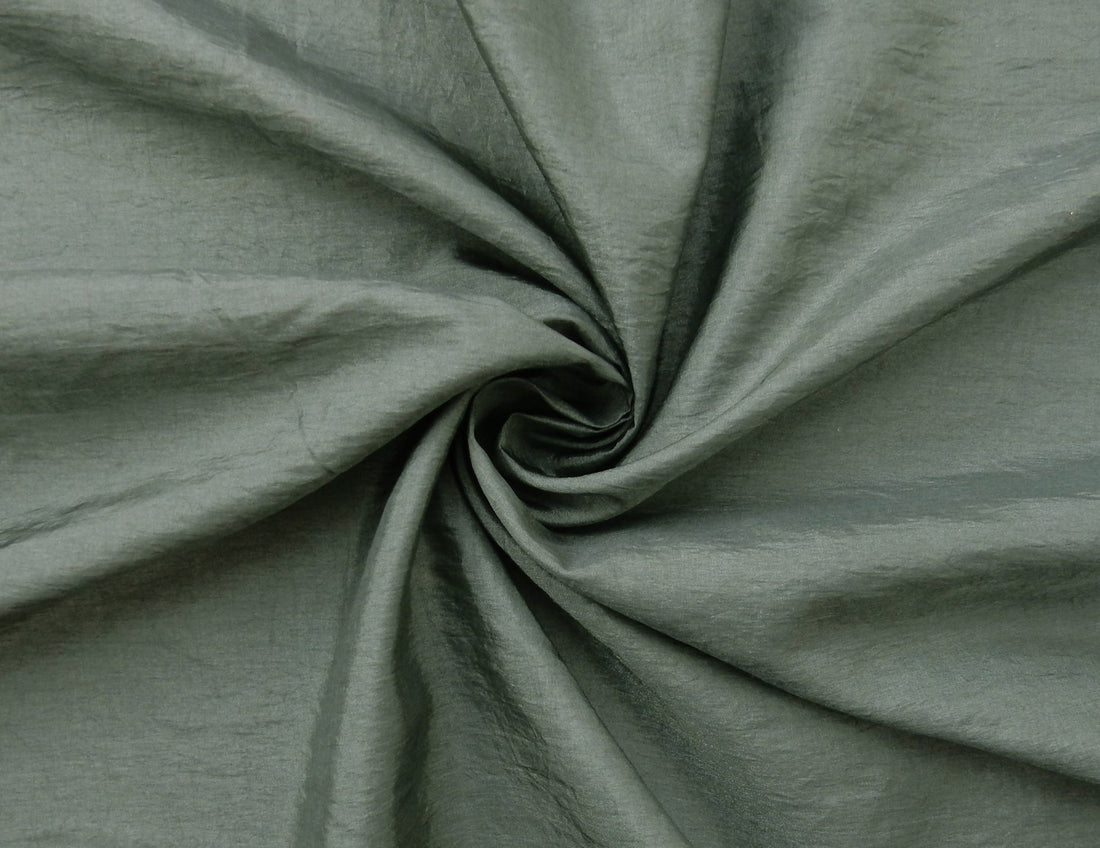Nylon is a synthetic fabric that was first developed in the 1930s by the DuPont company. It is a versatile material known for its strength, durability, and resistance to wear and tear. Nylon is widely used in the textile industry for various applications ranging from clothing to industrial uses.
Here are some key features and characteristics of nylon fabric:
-
Composition: Nylon is a polymer made from petrochemicals, specifically adipic acid and hexamethylene diamine. Through a process called polymerization, these raw materials are combined to form long chains of nylon fibers.
-
Strength and Durability: Nylon is known for its exceptional strength and durability. It is highly resistant to abrasion, making it suitable for applications that require toughness and longevity. Nylon fabric can withstand heavy use and maintain its shape and integrity over time.
-
Lightweight: Nylon is a lightweight fabric, which makes it comfortable to wear and easy to handle. It is often used in activewear, outdoor gear, and luggage where weight reduction is desired.
-
Quick-Drying: Nylon has low water absorbency, meaning it does not retain much moisture. This property allows nylon fabric to dry quickly when exposed to water or perspiration. It is commonly used in swimwear, athletic apparel, and rain gear.
-
Wrinkle Resistance: Nylon has good wrinkle resistance, meaning it resists creasing and retains its shape well. This characteristic makes it suitable for travel clothing and garments that need to maintain a smooth appearance.
-
Elasticity: Nylon fibers have natural elasticity, providing flexibility and stretchiness to the fabric. This feature allows for freedom of movement and makes nylon suitable for activewear and clothing that requires comfort and ease of motion.
-
Breathability: Nylon fabric has moderate breathability. While it does not have the same level of breathability as natural fibers like cotton or linen, it can be woven or treated to enhance moisture-wicking properties. This makes nylon suitable for athletic apparel and undergarments.
-
Easy Care: Nylon is generally easy to care for. It is machine washable, quick-drying, and resistant to shrinking and wrinkling. Nylon garments typically require minimal ironing and can retain their shape and appearance with proper care.
-
Versatility: Nylon is used in a wide range of applications, including clothing, accessories, home furnishings, and industrial products. It can be found in items such as jackets, pants, socks, backpacks, upholstery, carpets, and parachutes. Its strength, durability, and versatility make it a popular choice for various needs.
-
Environmental Considerations: Nylon is a synthetic fabric derived from non-renewable resources, and its production involves the use of chemicals and energy-intensive processes. However, efforts are being made to develop more sustainable nylon options, such as recycled nylon (rPET) made from post-consumer waste or bio-based nylon derived from renewable sources like castor oil.
Nylon's strength, durability, and versatility have made it a widely used fabric in different industries. Its applications range from everyday clothing to high-performance gear. While it has some environmental considerations, ongoing developments in sustainable production methods offer more eco-friendly alternatives.

